With each passing day, the uncertainty around the pandemic continues to grow. Cases in the U.S. are rising after a brief period of falling. This new rise coincides with the start of the flu season, and this double-virus situation has the potential to strain hospital’s resources around the country. Preparing for this possibility is vital […]
Tag: #Medicalgradecomputers
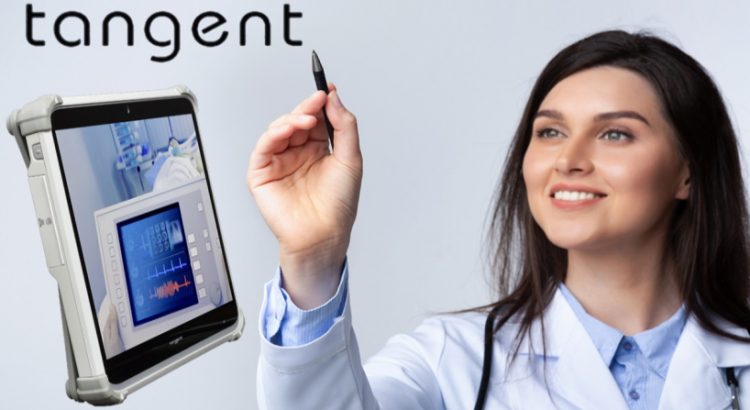
Are Pandemic Waivers For Telehealth Still In Effect?
Near the beginning of this pandemic, bold actions by the federal government, health insurance companies, and hospitals led to loosening restrictions and greater access to telehealth services. What transpired was a new telehealth ecosystem that saw dramatic increases in the use of medical computers by doctors to have virtual appointments with patients. The rise in […]

Medical Grade Computers Built For Emergency Room Use
Heading into the fall and winter this year may look a bit different than in the past. The combination of the annual flu season and the possibility of a second wave during this pandemic has led to fears of medical shortcomings. From a lack of testing to limited Intensive Care Unit (ICU) capacity, there are […]
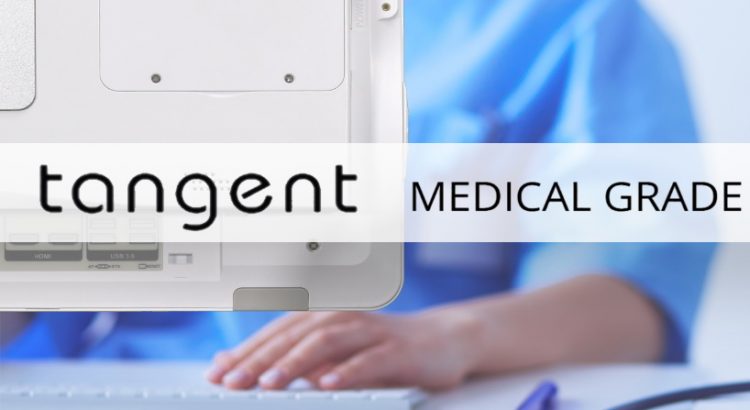
Medical Grade Computers For Safe Hospitals
Each day, doctors and nurses around the country put their lives on the line for others. Everyone’s health and wellbeing during these trying times depends on the health and wellbeing of our nation’s medical professionals. It is these medical professionals who are helping beat back this pandemic, and return our lives to a sense of […]
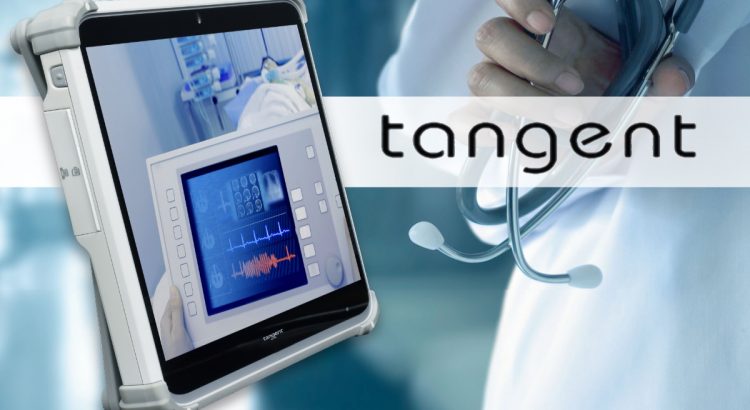
Can AI On Medical Grade Computes Make Diagnosis?
Medical computers have made hospitals a safer and more effective place for hospitals to help the patients they serve. But the revolutions made by medical computers in the hospital haven’t stopped at simply replacing paper based medical records. In fact, the possibilities that medical computers bring to the hospital have only just begun. Medical Computers […]

Is An All Digital, Medical Computer-Based Hospital Possible?
During this pandemic, hospitals are seeing an unprecedented level of new technology being deployed. Thanks to loosening government regulations and private sector support, telehealth and telemedicine have been implemented in hospitals across the United States. But this begs the question, is a fully digital, medical computer-based hospital possible? Increasing Hospital Efficiency With Medical Computers In […]
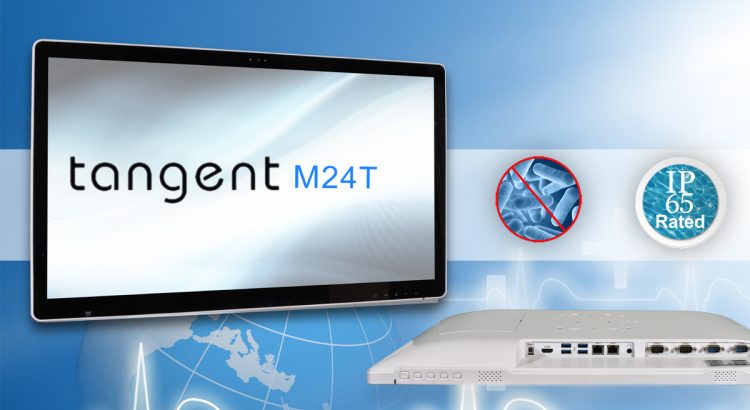
How Can Hospitals Combat Hackers During This Pandemic?
Each and every day, hackers try their best to take down cybersecurity systems around the world, and those of hospitals are no exception. The New York Times has reported that Russian hackers have attempted to steal information on possible vaccines from the U.S. last week. In addition, over 140 high profile figures had their twitter […]
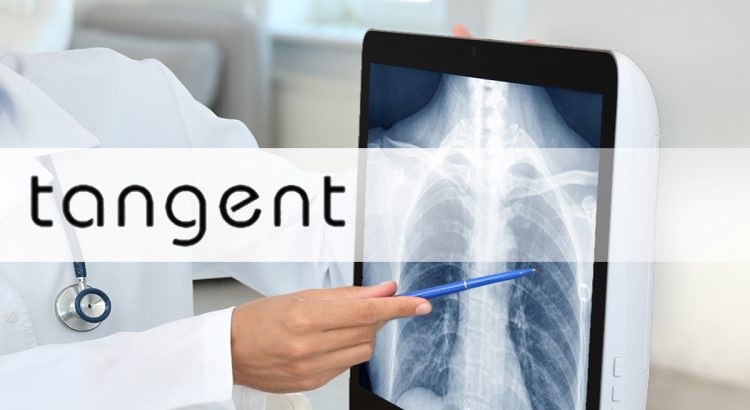
3 Ways Remote Monitoring Can Help Your Hospital
As new case numbers continue to set records daily, hospitals must rethink the ways in which they see patients. Telehealth has been an indispensable tool during this pandemic to keep both doctors and patients safe, but it is only one part of the solution. With the addition of remote monitoring on medical grade computers, hospitals […]
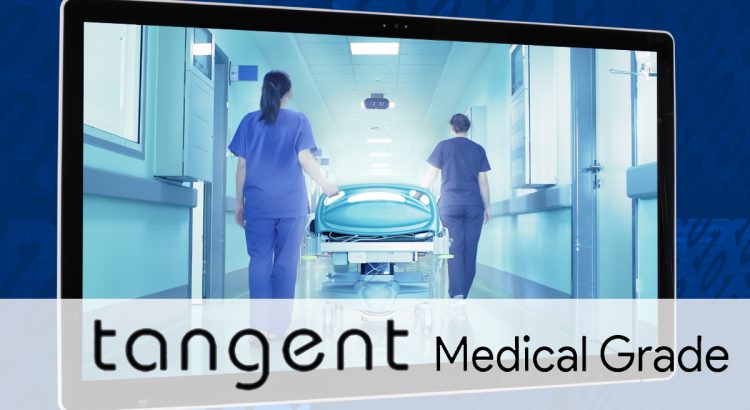
What Is Remote Monitoring On Medical Computers?
There is a lot of talk about telehealth these days, and while it has been a vital tool during this pandemic, there have been other medical computer-based solutions that have been overlooked. One such solution is remote monitoring via medical computers, which can help hospitals continue to treat patients without putting them in harm’s way. […]
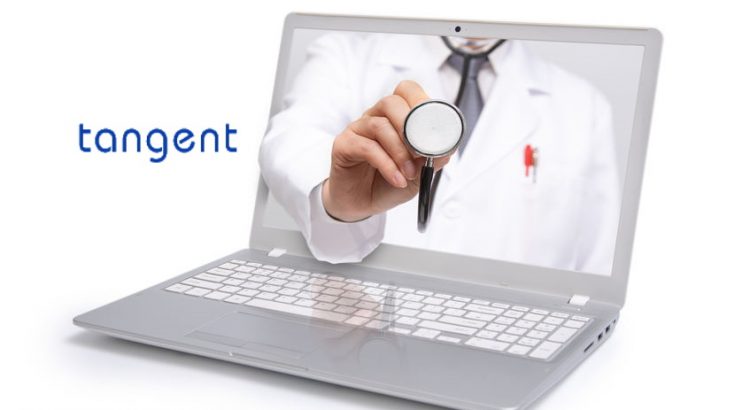
Is Virtual Primary Care Possible With Telehealth On Medical Computers?
As we march through this pandemic, the ways in which we live our daily lives have changed drastically. One of these ways is the adoption of telehealth technology for non-essential primary-care visits. In March alone, telehealth visits were up 4346.94% compared to March 2019. The quickly expanding scale of telehealth on medical computers is astonishing, […]
